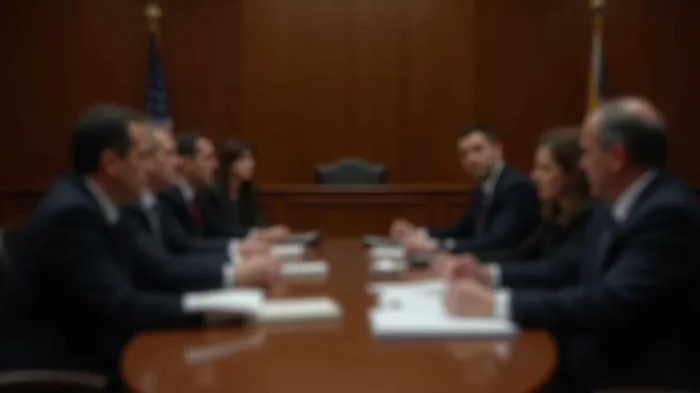Prosecutors Reject Evidence Suppression Claims in Samourai Wallet Case
US federal prosecutors have denied allegations that they suppressed evidence in their case against the co-founders of the crypto mixing service Samourai Wallet. In a letter to a Manhattan federal court, prosecutors asserted that they had disclosed all relevant communications with the Treasury Department's Financial Crimes Enforcement Network (FinCEN) well within the required timeframes. The defendants, Keonne Rodriguez and William Hill, had requested a hearing, claiming that prosecutors had delayed disclosing that FinCEN representatives had informed them six months prior to the charges that Samourai Wallet did not qualify as a "Money Services Business" requiring a FinCEN license.
Prosecutors argued that the conversation with FinCEN was informal and did not constitute a formal opinion. They highlighted that the discussion was an "informal conversation" and that FinCEN staff did not have a definitive stance on whether Samourai Wallet would need to register as a money transmitter. The prosecutors' letter emphasized that the defendants had ample time to review the information before the trial, stating that they had seven months to prepare.
The co-founders of Samourai Wallet had sought to dismiss the case in April, citing a memo from Deputy Attorney General Todd Blanche. The memo stated that the Justice Department would not prosecute crypto mixers for "unwitting violations of regulations." However, prosecutors countered that the memo should not be considered by the court, as it explicitly stated that it could not be relied upon to create any right or benefit against the US or its departments.
The prosecutors also urged the judge to deny any request for a late hearing to discuss the disclosure of key information. They maintained that their actions were in good faith and that the defendants had sufficient time to prepare for the trial. The case against Rodriguez and Hill, who have both pleaded not guilty, centers on charges of conspiracy to operate an unlicensed money transmitting business and money laundering conspiracy. The outcome of this legal battle will have significant implications for the regulation and prosecution of crypto mixing services.

Quickly understand the history and background of various well-known coins
Latest Articles
Stay ahead of the market.
Get curated U.S. market news, insights and key dates delivered to your inbox.



Comments
No comments yet